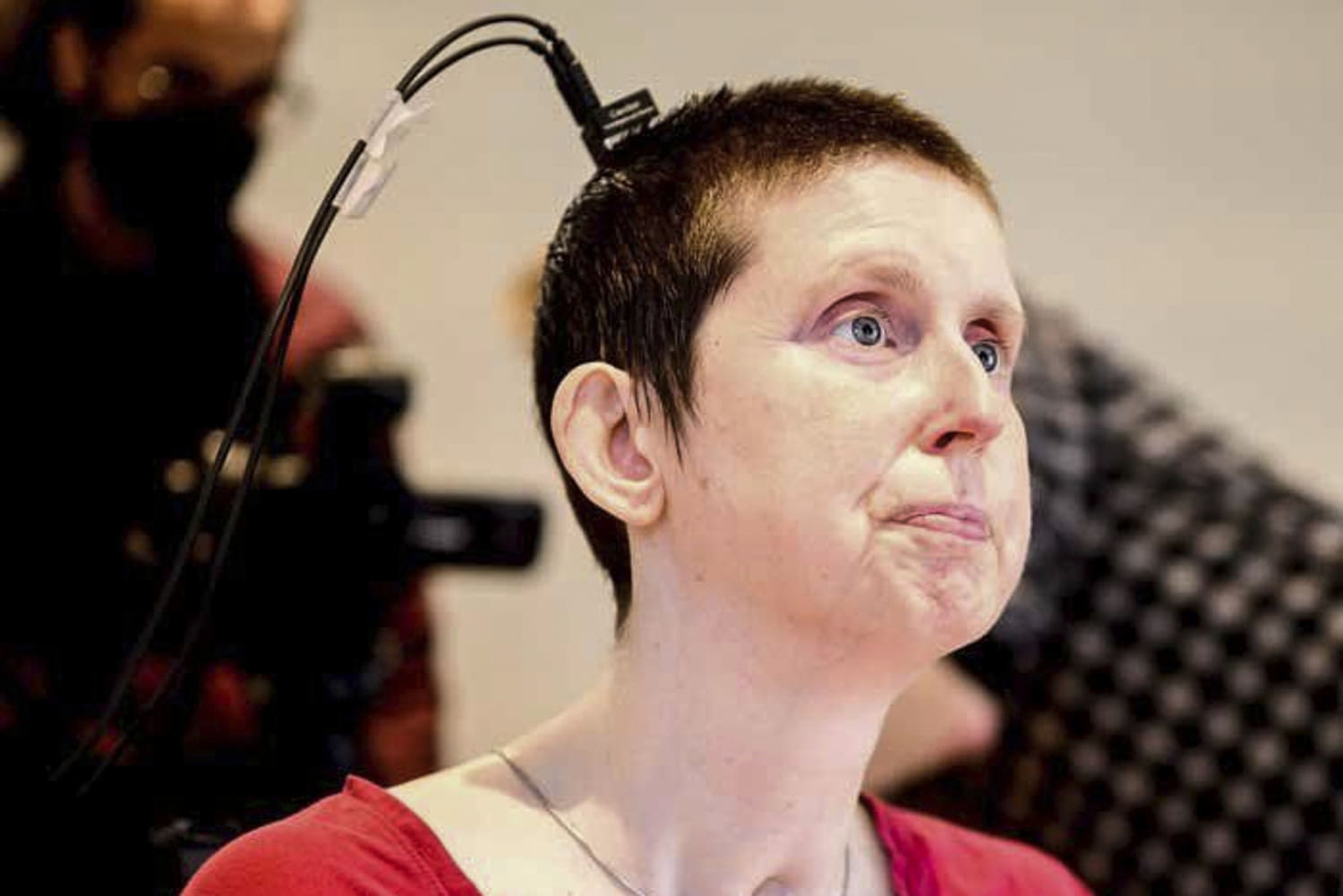Approach could herald new way of delivering drugs, beyond birth control, over long periods of time
Researchers are developing an injection that creates a contraceptive implant in the body using an approach that could herald a new way of delivering drugs over long periods of time.
Current contraceptive implants last for years, meaning women do not have to take a pill every day, but the devices must be fitted by a trained professional via a small surgical procedure. Contraceptive injections are already available but they have limitations, including that they last for only three months.
Continue reading…Approach could herald new way of delivering drugs, beyond birth control, over long periods of timeResearchers are developing an injection that creates a contraceptive implant in the body using an approach that could herald a new way of delivering drugs over long periods of time.Current contraceptive implants last for years, meaning women do not have to take a pill every day, but the devices must be fitted by a trained professional via a small surgical procedure. Contraceptive injections are already available but they have limitations, including that they last for only three months. Continue reading…
Approach could herald new way of delivering drugs, beyond birth control, over long periods of time
Researchers are developing an injection that creates a contraceptive implant in the body using an approach that could herald a new way of delivering drugs over long periods of time.
Current contraceptive implants last for years, meaning women do not have to take a pill every day, but the devices must be fitted by a trained professional via a small surgical procedure. Contraceptive injections are already available but they have limitations, including that they last for only three months.
Continue reading… Contraception and family planning, Women’s health, Health, Medical research, Science, World news, UK news Science | The Guardian










